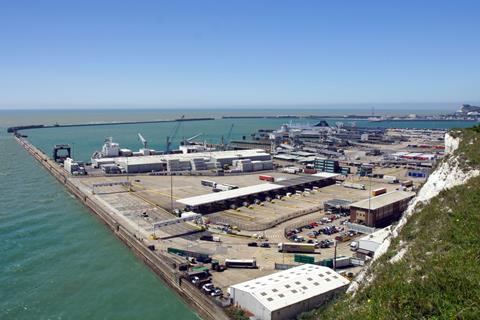FDF has published its Trade Snapshot for H1 2024, highlighting the importance of negotiating an SPS agreement with EU.

The Snapshot detailed how 59.4% of all food and drink exports were headed for the EU, with FDF saying that negotiating a Sanitary and Phytosanitary (SPS) agreement with the EU, boosting practical export support, particularly for SMEs, and reviewing the use of the Common User Charge would all help businesses overcome regulatory burdens and boost trade after new border controls had added to the “administrative burden”.
According to FDF’s research, food and drink exports fell 6.1% to £11.2 billion in H1 2024 compared to the same period in 2023, while volumes sold to the EU were down by 23.6% on last year. Non-EU markets, however, saw a 0.8% increase.
“There is a lot the Government could do to build exporters’ confidence and support businesses.”
Balwinder Dhoot, FDF
Balwinder Dhoot, director of industrial growth and sustainability, said: “The UK’s food and drink businesses make brands and products that consumers love, not just at home but across the world. However, these figures show that manufacturers are facing increasing bureaucratic barriers when exporting, particularly to the EU.
“There is a lot the Government could do to build exporters’ confidence and support businesses to compete overseas and expand into new markets, including by removing bureaucratic trade barriers.”
FDF said that EU trade was “becoming more challenging” for British food and drink businesses as more checks come into force, adding to the “administrative burden” for companies and reducing flexibility while increasing costs.
Non-EU markets see trade boost
Exports to India were up by 11.9% in H1, with FDF highlighting that a free trade agreement (FTA) has the “potential to build on this success and boost trade with India”. It also said that the UK should consider trade with UAE as exports rose by 2.4% in H1.
Morocco (29.4%), South Africa (24.0%) and New Zealand (22.8%) saw the largest increases in imports, as they rose by 3.2% in H1 2024. However, FDF said that with 70.8% of our imported food and drink coming from the EU, as with exports, the removal of non-tariff barriers would “make a real difference”.















